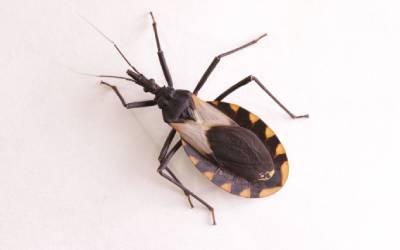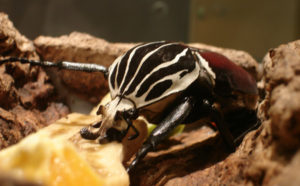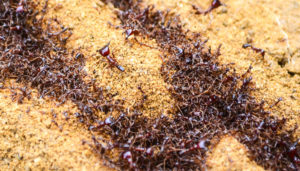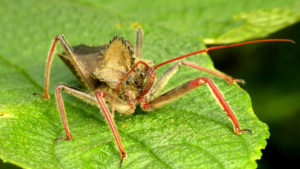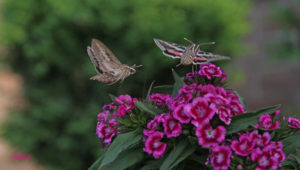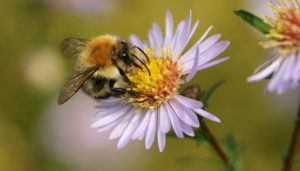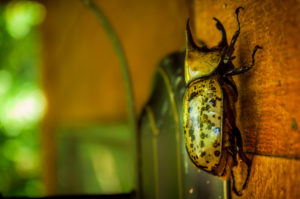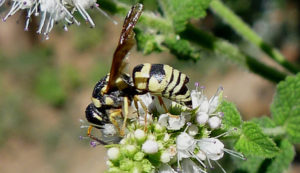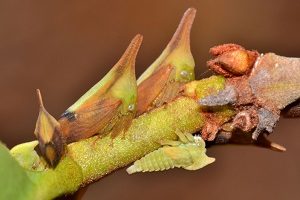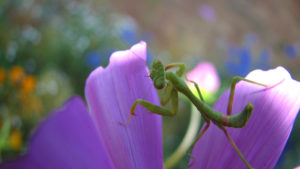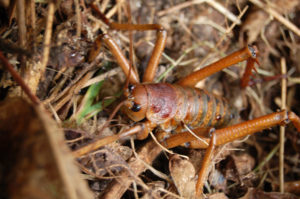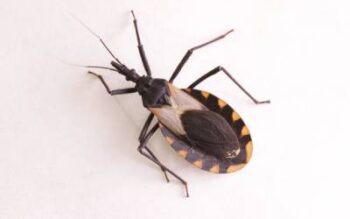 Though kissing bugs may sound cute, they’re far from it. These nocturnal insects get their charming nickname from their less-than-charming habit of biting people in the middle of the night – usually around the mouth. If it isn’t bad enough to picture bugs crawling on your face while you sleep, these pests are also capable of causing serious health issues for humans and animals. So, what exactly are kissing bugs, and how can you keep them out of your home? The experts at Southern Pest Control explain everything you need to know down below.
Though kissing bugs may sound cute, they’re far from it. These nocturnal insects get their charming nickname from their less-than-charming habit of biting people in the middle of the night – usually around the mouth. If it isn’t bad enough to picture bugs crawling on your face while you sleep, these pests are also capable of causing serious health issues for humans and animals. So, what exactly are kissing bugs, and how can you keep them out of your home? The experts at Southern Pest Control explain everything you need to know down below.
What Are Kissing Bugs?
Kissing bugs, also known as assassin bugs or triatomine bugs, are small parasitic insects that feed on blood. They prey on sleeping people or animals, which is why they typically hide in bedroom furniture or pet beds. Though kissing bugs are usually solitary, females will leave eggs behind, which can cause ongoing problems for homeowners. If you discover any triatomine bugs in your house, it’s important to contact a pest control professional to screen for signs of additional insects.
How to Identify a Kissing Bug
Triatomine bugs are small insects that have thin antennae, thin legs, and a cone-shaped head. They are oval-shaped, dark in color, and usually measure between ½ to 1 inch. Their most defining feature, however, is a row of orange or yellow stripes around the edge of their body.
Why Are Kissing Bugs Dangerous?
It’s never fun to discover insects in your home, but kissing bugs are more than just bothersome. Their bites may not be particularly painful, but they can lead to infections or serious illnesses such as Chagas disease. According to the Centers for Disease Control (CDC), Chagas disease can be life-threatening or lead to long-term health consequences for both humans and animals. If you suspect you or a pet has been bitten by a kissing bug, watch for these early signs of Chagas disease:
- Warmth or swelling around the bite
- Fever, fatigue, or body aches
- Swelling eyelids or swollen glands
- Loss of appetite or nausea
- Headaches
How Do Kissing Bugs Cause Chagas Disease?
Kissing bugs are known for carrying a small parasite called Trypanosoma cruzi, which lives in their digestive tract after feeding on an infected animal. The parasite isn’t spread directly through the saliva of a triatomine bug; rather, it travels through their feces. Most insects will leave behind excrement after feeding, which sleeping victims may accidentally rub into their open bite wound.
Tips for Preventing Kissing Bugs
Triatomine bugs are unpleasant and dangerous. The best way to protect yourself and your pets from harm is to prevent these pests from getting indoors in the first place. To keep kissing bugs out of your house, follow these tips:
- Keep your door and window screens in good condition
- Seal any cracks or gaps that could lead into your home
- Tidy up your landscaping and remove debris near your house
- Keep yard lights farther away from your home entrances
- Allow pets to sleep indoors, especially at night
- Periodically check bedrooms and pet beds for signs of bugs
What to Do if You Discover a Kissing Bug
Kissing bugs are creepy, and they’re the last thing you want to find inside of your house. However, if you come across one of these insects, do not come into contact with the kissing bug – even to squash it. Doing so could expose you to Trypanosoma cruzi, which may put you at risk of developing Chagas disease.
Instead of squishing the bug, place a transparent container over the bug. After sealing it in, contact a pest control professional. An expert will be able to confirm the identification and assess your home for any remaining pests.
If you need help with a kissing bug – or any other type of pest – turn to Southern Pest Control, Inc! We understand how distressing an infestation can be, which is why our number one goal is to provide you with 100% peace of mind that your space is bug-free. As a trusted pest control provider for 45 years, Southern Pest Control is committed to being the leader in Mississippi Gulf Coast’s pest control industry. To get help fast, call us today and get a free quote!

